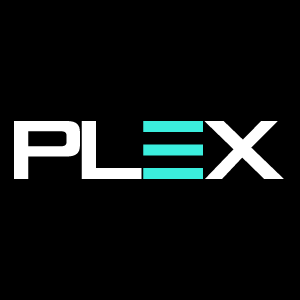

Now Available!
Get your copy of the 7th Annual State of Smart Manufacturing and hear from 300+ manufacturers in this new survey report!
Subscribe to Our Blog
For a monthly digest of expert insights, data points, and tips like the ones in this article.
Digital Building Blocks for Sustainability: Part 1
Quality Management System (QMS), Smart ManufacturingSustainability. It has such a simple definition, yet it has become diluted and obscured in many ways when companies try to implement it as part of their business model.
The definition of sustainability for business and development is well established by the UN World Commission on Environment and Development. This definition states: “Sustainable development is development that meets the needs of the present without compromising the ability of future generations to meet their own needs.”
That sounds simple enough, yet companies need help to implement it meaningfully. But why? Why are business processes so hard to capture to harness sustainability as an imperative?
The answer is linked to the same problems faced by traditional manufacturing’s ability to track and analyze data manually. Because human analysis and data capture are difficult and error-prone, it’s hard to understand why they are not producing sustainably to the point that companies can’t develop a solution.
But like many bottlenecks to taking manufacturing to the next level, the answer lies in the company’s data. And in how and to what degree that data is accurate and analyzable. The only tools capable of doing this are the same tools used in digital building blocks for smart manufacturing.
Waste Reduction
Many companies have a goal of “circular manufacturing” or zero waste. However, the level of data analysis required to achieve this cannot be accomplished with traditional operational methodologies. New and more precise equipment will be a part of the solution, but only a part.
The same goes for extraordinary process monitoring and management. With more capable equipment and tight process control, companies can start down the path to zero waste.
But only if they have the tools to support it.
The reason is that new and more accurate equipment is manufactured by OEMs that assume that smart manufacturing and advanced software and production monitoring will be used as a given. Tight process controls to the degree required to create truly zero-waste manufacturing are only achievable using the digital tools found in smart manufacturing software.
Energy Consumption
Traditional manufacturing running 24/7 is based on the assumption of a flat or flatter average of energy consumption. But that is because the system that monitors consumption is limited by human analysis and manual data.
Energy consumption and cost do change over short periods of the day. Smart manufacturing software can help identify energy-intensive production processes. Armed with this information, teams can develop solutions for process improvement that use less energy.
The same applies to conditions requiring advanced HVAC and humidity and temperature levels. Blasting a system to maintain a constant ignores the fact that temperature, humidity, and other ambient conditions change daily.
And the only way to measure, automate, and adjust to the changes is through smart manufacturing software.
Manufacturing energy consumption can also be as simple as smart lighting. Many automated plants have vast areas that only require lighting when people are present. Smart manufacturing systems can leverage that through advanced motion sensors, use-based lighting, and other data that can only be analyzed and deployed digitally.
Sustainable Progress
The same tools that drive unparalleled improvements in efficiency, equipment utilization, and throughput can be harnessed to promote and achieve sustainability. With machine monitoring software and smart manufacturing platforms, the same data used to drive process improvement can be used to drive sustainability.
These digital building blocks can help companies achieve sustainability through analytics, machine learning, and other digital tools to drive achievable sustainability. Contact us to learn how smart manufacturing software can move your sustainability initiatives from dead-end to closed-loop.

